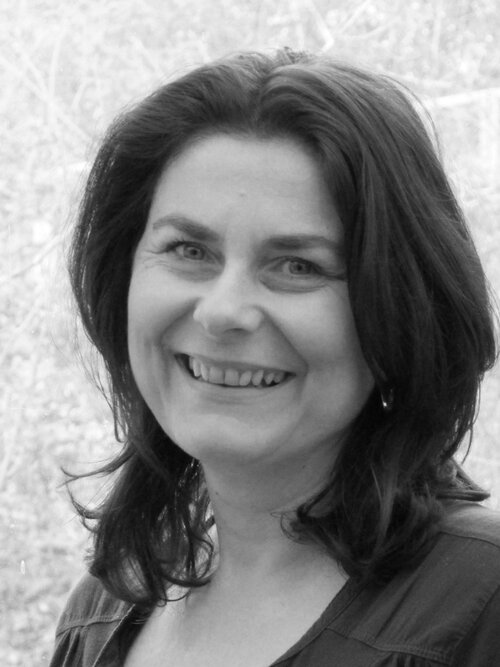
The Brain Story Certification Course is a self-paced course aimed at professionals who work with young children, parents and families.
It was first launched in Alberta, Canada ten years ago and in 2019, researchers at the University of Oxford teamed up with the Alberta Family Wellness Initiative to bring the Brain Story to the UK.
Videos from world leading experts in child development, neuroscience and psychiatry look at how early experiences shape children’s brains and the impact of adverse childhood experiences on children’s physical and mental health. Dr Katy Smart (pictured), the postdoctoral researcher who works solely on the implementation and evaluation of the Brain Story research, told Nursery World, ‘Our team is working to share knowledge about the science of brain development for families and professionals. It is important for everybody to understand how our earliest experiences can affect our long-term mental and physical health.
Dr Katy Smart (pictured), the postdoctoral researcher who works solely on the implementation and evaluation of the Brain Story research, told Nursery World, ‘Our team is working to share knowledge about the science of brain development for families and professionals. It is important for everybody to understand how our earliest experiences can affect our long-term mental and physical health.
‘The early years are critical for children’s longer-term physical, social and emotional development. During the first three years of life our brain architecture develops most rapidly, with a second period of concentrated development during adolescence. It is important that we understand how our early experiences shape our brains, the Brain Story helps us to understand the neuroscience that underpins the development of children’s brains.’
Dr Smart, who has a background in early years having worked as a primary school teacher and a local authority adviser for schools and children’s centres, said that there’s a ‘definite’ benefit in nursery managers, practitioners and teachers learning more about the factors which may influence children’s behaviour.
She added, ‘The Brain Story can help us to understand why some children find it more challenging to settle into a routine and learn. It also provides us a with a common language that we can share with parents and carers as well as other professionals. Metaphors have been developed and illustrated in short animations to promote the understanding of the importance of attachment, executive function, resilience, and adult support in dealing with stress.'
The course contains 19 modules covering brain architecture, the metaphors, adverse childhood experiences, children’s mental health and addiction.
Before joining the team, Dr Smart completed the certification course and remarked, ‘I found the knowledge I gained around how the gene-environment interaction shapes the brain architecture and the long-term impact that this can have on both physical and mental health so valuable. Yes, I already had very good knowledge on child development and the effects of adverse childhood experiences; however, what was new was the neuroscience and the physical changes that occur in the brain because of these early experiences and the impact of it. With this knowledge and understanding, we are in a much better position to help support children, young people and their families.’
- The Brain Story certification course along with other resources can be accessed for free at www.oxfordbrainstory.org.
- Nurseries can also contact Dr Smart directly about the course – her details can be found on the website.









